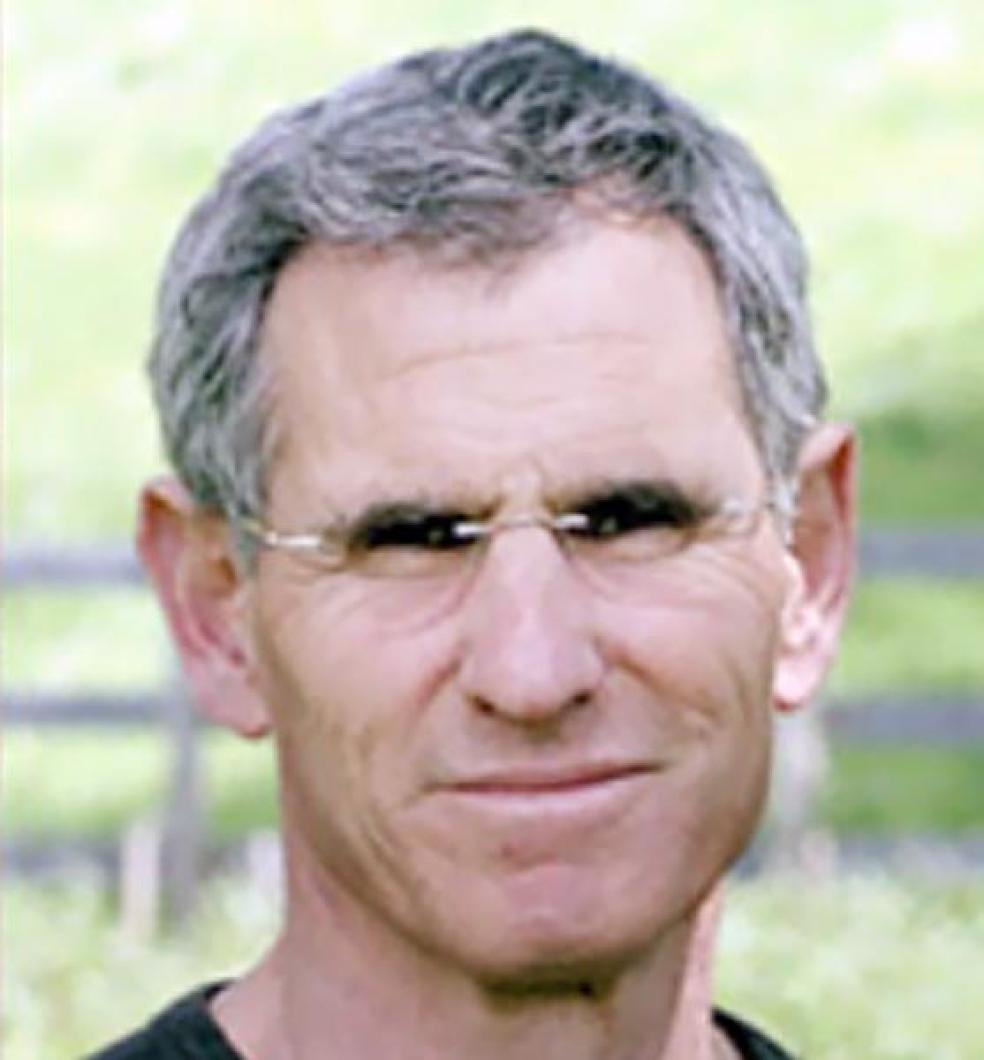He calls families little monasteries, with children as their great Zen masters; she compares families to a laboratory, an ever-changing joyful puzzle. He is one of the country’s best known meditation and mindfulness gurus; she, a childbirth educator and environmental advocate. Together, Jon and Myla Kabat-Zinn authored a groundbreaking book on family health and happiness called Everyday Blessings: The Inner Work of Mindful Parenting.
And together they will discuss the book, still popular after 10 years, at the Point Way Inn in Edgartown on Thursday, Sept 18, as part of a creative parenting luncheon discussion series called Arts a la Carte, organized by Lani Carney, who teaches children’s art at Featherstone Center for the Arts in Oak Bluffs.
“I’m feeling a bit starstruck,” this reporter admitted upon reaching Mr. Kabat-Zinn, author also of Full Catastrophe Living: Using the Wisdom of Your Body and Mind to Face Stress, Pain and Illness (Delta, 1991), and Wherever You Go, There You Are: Mindfulness Meditation in Everyday Life (Hyperion, 1994), among many other bestsellers on stress busting and spiritual growth.
He chuckled with the warmth you’d expect from a guru and said, not unkindly, “You’ll get over it.”
The couple’s pilgrimage to the luncheon will be as easy as a 45-minute boat ride, the one we all take to and from the Island: they reside in Woods Hole. “I’ve been coming to Woods Hole all my life,” said Mr. Kabat-Zinn. “My parents had a house here so we were Cape Cod summer people.”
What had drawn his father, a biomedical scientist, to the tiny port, was the Woods Hole Oceanographic Institute where the elder Mr. Kabat staked out the library. The son attended the Institute’s summer school, which shepherded him into MIT and his own field in molecular biology.
Ms. Kabat-Zinn chimed in, “We visit the Vineyard frequently because we have lots of friends over there.”
Mr. Kabat-Zinn added, “We love reading the Vineyard Gazette.”
To the question of how the idea for Everyday Blessings arose, Ms. Kabat-Zinn (whose children today have reached the advanced ages of 32, 28 and 24), replied, “The spark was ignited years and years ago, and I found myself thinking about all the challenges of raising a family. I began writing things down, noticing many other things, and tapping into memories of my own childhood. I started to see clear connections between my approach to parenting and Jon’s work with mindfulness. In my childbirth classes I was very conscious of working with pain in the present moment. Jon and I began to share ideas, and finally we decided to sit down separately and write chapters about whatever issues in parenting were meaningful to us.”
Although many of their impressions and ideas overlapped in conversation, their individual voices had a chance to be articulated.
Mr. Kabat-Zinn said, “There are always differences in parents’ temperaments, and one of the challenges is, how do you work with those differences? Ultimately it’s about helping children come to their own view of things.”
Ms. Kabat-Zinn put it this way: “We all have our laboratories of parenting. Every home is a laboratory because we’re always discovering new things — the joys and puzzles of parenting. In the family things are constantly changing. As soon as you understand or think you understand, you realize you still know nothing. In this process everyone works with what they’re given. You see this with people who have been blessed with particularly easy children. They feel, ‘Oh, we’re such great parents.’ Yet even then difficult times erupt. Your buttons get pushed and you find yourself reacting continuously — it becomes reflexive — it can in turn become very destructive, and this is when we need to consciously work on creating a more nurturing, sensitive, kinder environment.”
Mr. Kabat-Zinn, of course, is known for his espousal of meditation through his books and his work in the Stress Reduction Clinic and the Center For Mindfulness in Medicine, Health, Care and Society at the University of Massachusetts Medical School. But Ms. Kabat-Zinn maintained that mindfulness can be accomplished without a daily practice of meditation. “Jon meditates, I don’t. Everybody’s different. There is no rigid prescription for bringing awareness into your life. There is nothing like parenting for bringing you into the present moment. The kids are more often than not already in the present moment.”
Mr. Kabat-Zinn offered, “In our culture we have a very narrow sense of what meditation is, that it’s simply sitting down in a stiff posture long enough to get results. Real meditation is how you live your life moment to moment, putting aside all the doing, and taking extended periods of time in the domain of being. We use the metaphor of the family as a great meditation center, a little monastery. And kids are terrific Zen masters! You work with those energies and the teachings are priceless.”
The Kabat-Zinns have discovered that Everyday Blessings, although it was published a full 10 years ago, continues to attract the interest of teachers and parents. Mr. Kabat-Zinn explained: “There are other currents going on in society, with ever more interest in mindful parenting. Mindfulness is moving from medicine to psychology, science and education. And there’s a movement in this country to bring mindfulness into the school system.”
Ms. Kabat-Zinn added, “Emotional intelligence is now seen as the key to help parents become more nurturing. In the past 20 years trends have shown kids declining in social and emotional areas, so now a big push is on to reverse that.”
Arts a la Carte begins with aperitifs at 11 a.m. with lunch and discussion until 3 p.m. For details, call 508-696-7671.




Comments
Comment policy »